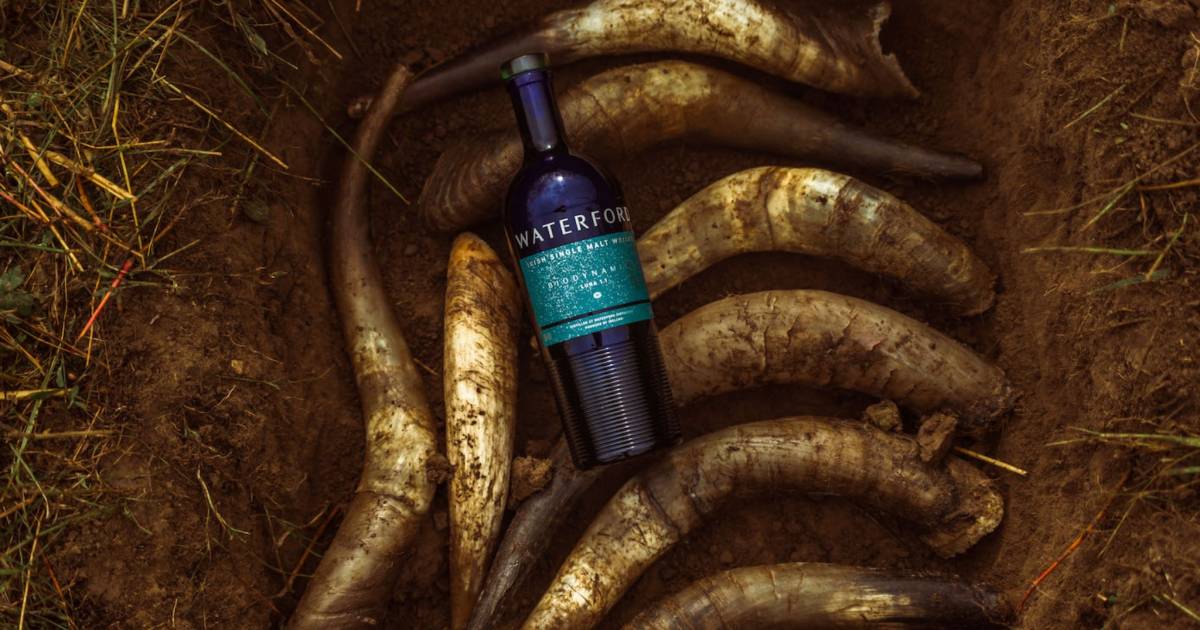No products in the cart.
Fitness Tips
Meet the Organic Spirits Distillers Revolutionizing the Industry
Just as natural wine is a direct representation of its terroir, organic spirits pay a similar homage. For instance, botanicals found in ENGINE include organic sage from Langhe, lemon from Sicily, licorice from Calabria, and juniper from Tuscany. The wheat they distill with is sourced from Piedmont, and their water is from the Alps.
So when the label says, “made in Italy,” it truly is.
“No bullshit,” Dalla Mora says.

Going against the grain
For the majority of organic distillers, it all begins with the grain. Regardless of whether a company is located in the U.S., Ireland, or Italy, grains grown without the help of pesticides are an absolute must for attaining certification, though the use of some synthetic substances is allowed, as long as they don’t contribute to the contamination of crops, soil, or water.
In general, organic grain production relies on biological pest control rather than the blanketed use of chemical pesticides. Once harvested, conventionally grown grains and flours are fumigated, not only while in storage but also in transit. Organic grains present a lowered risk of contamination from mycotoxins—secondary metabolites produced by fungi, which are resistant to technological processes such as distilling, and can have serious adverse health effects.
“For many years, spirits have been produced in mass production focusing on yields rather than flavor,” says Neil Conway, head brewer at Waterford Whisky. “It’s our mission now to educate the consumer to understand how terroir, organic farming, biodynamic farming, and the use of old heirloom varieties can greatly improve quality. The consumer can see for themselves how enhanced the flavors are in our organic spirits that come from different ways of growing barley.”
Source link

